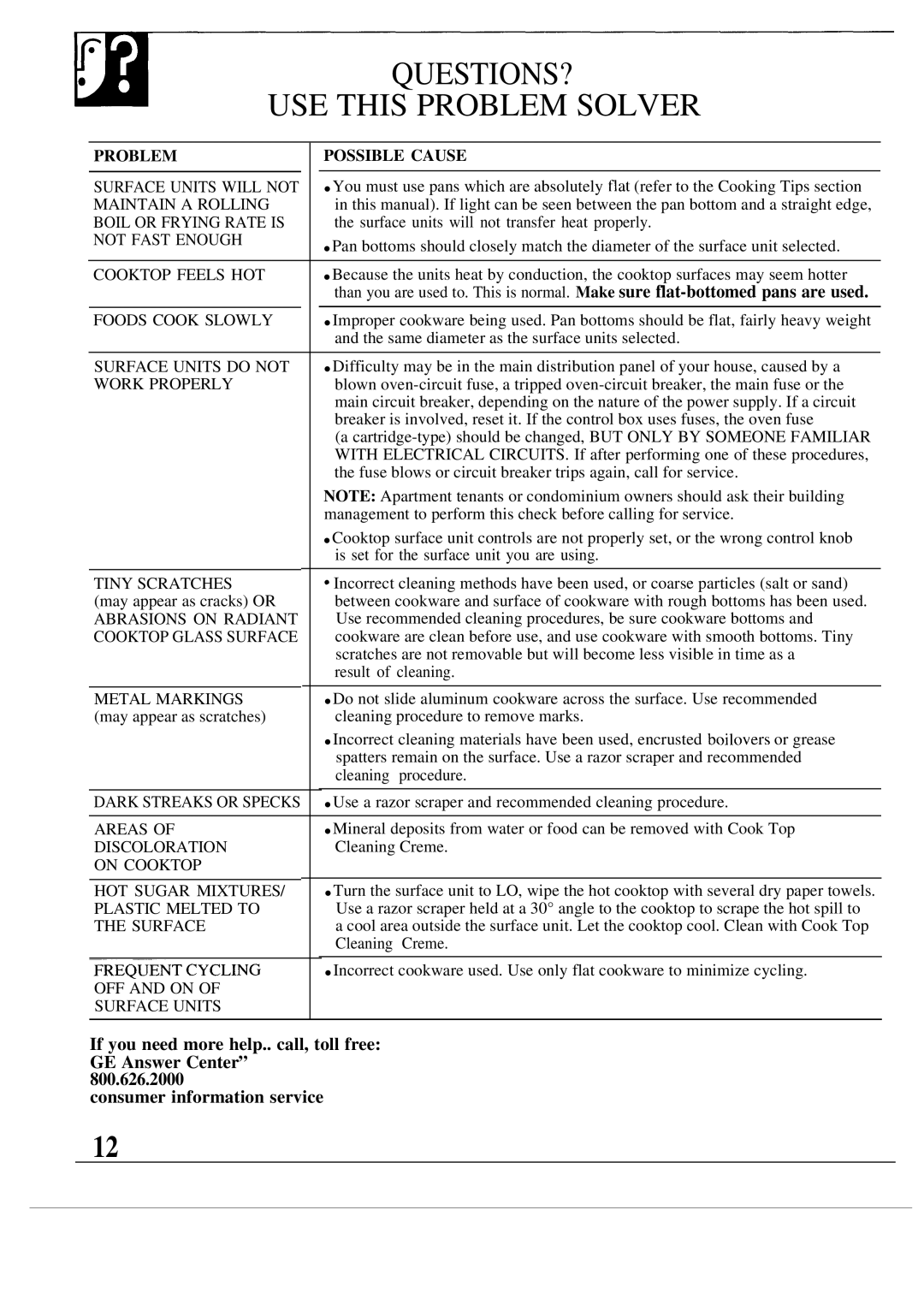JP346S, JP343S, JP343P, JP345S, JP345R specifications
The GE JP346R, JP345R, JP345S, JP343P, and JP343S are state-of-the-art jet engines designed for a variety of modern aerospace applications. These engines showcase General Electric's commitment to performance, efficiency, and advanced technological integration.The GE JP346R is known for its high thrust-to-weight ratio, making it ideal for tactical and multi-role aircraft. One of its main features includes a robust turbine design that optimizes fuel combustion, contributing to lower emissions and enhanced performance. The engine also incorporates advanced materials that minimize weight while maximizing strength, allowing for increased payload capacity and range.
In comparison, the JP345R and JP345S models are engineered for versatility and adaptability. These engines utilize a modular design, making maintenance and repairs more streamlined. They feature a dual-spool design that aids in efficient performance across various flight envelopes. The JP345R is particularly noted for its thrust vectoring capabilities, which enhance maneuverability in combat environments. The JP345S, on the other hand, focuses on maximizing fuel efficiency during extended operations, making it suitable for longer missions.
The JP343P and JP343S engines cater to different operational roles but share a common thread of leading technology and reliability. The JP343P is tailored for platform-specific applications, providing high thrust and rapid response in fighter jets. It features advanced cooling techniques and high-temperature materials that enable sustained high performance in dynamic combat situations.
Conversely, the JP343S emphasizes quieter operation and reduced maintenance intervals. This engine is optimized for specific missions that require stealth and low-observable capabilities while maintaining efficiency and power output.
All five models incorporate digital engine controls, providing real-time monitoring and diagnostics that enhance safety and performance management. Additionally, these engines are designed for compatibility with emerging digital technologies, ensuring adaptability for future upgrades.
Overall, the GE JP346R, JP345R, JP345S, JP343P, and JP343S stand as a testament to GE's leadership in aerospace systems, combining innovative engineering, efficiency, and reliability to meet the demands of modern aviation. With their advanced technologies and characteristics, these engines are instrumental in shaping the future of flight.

